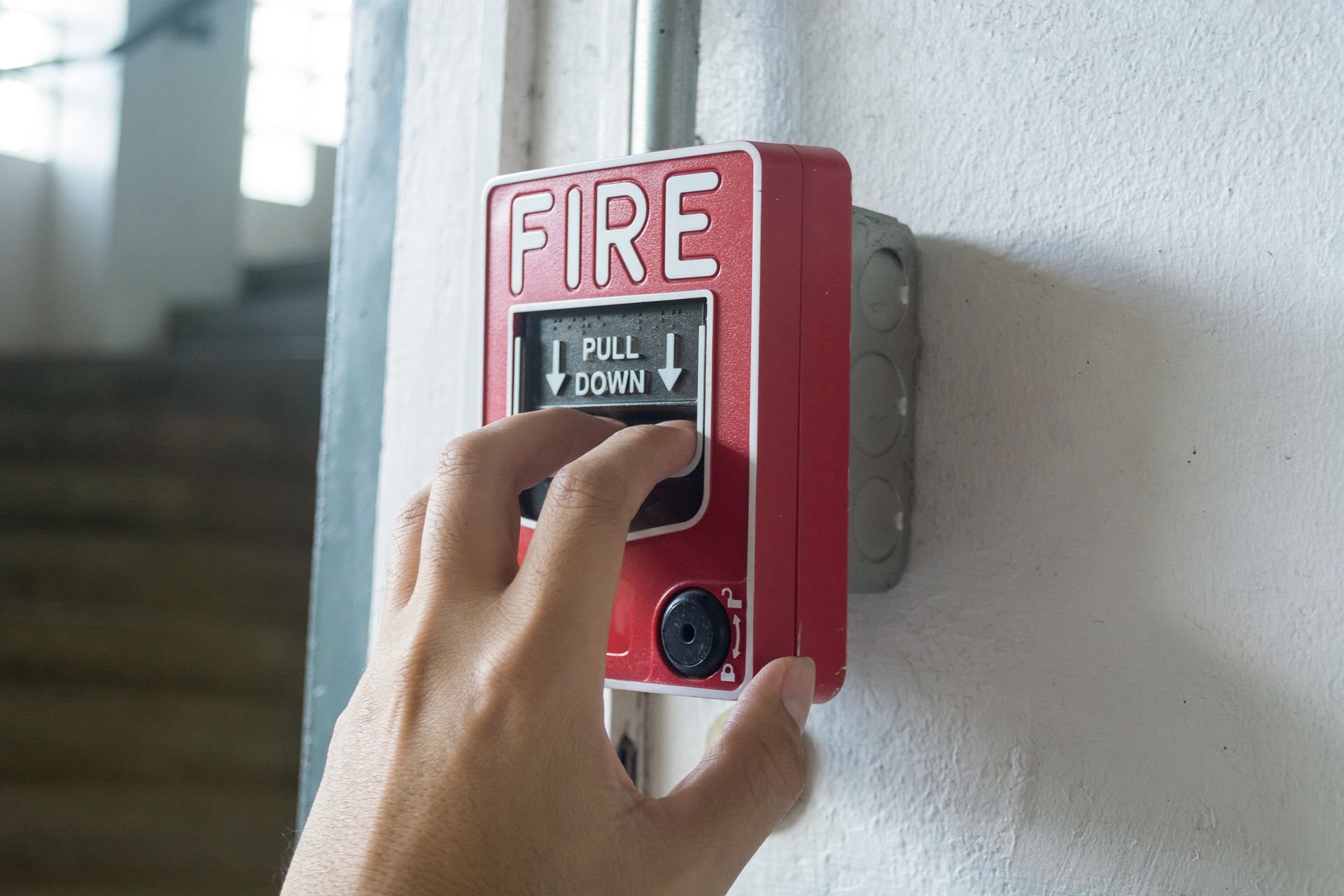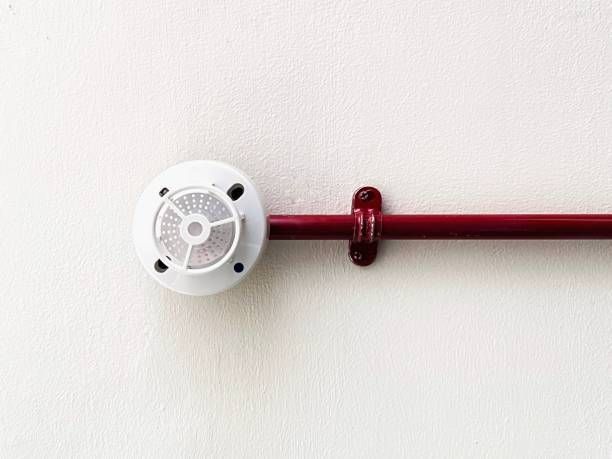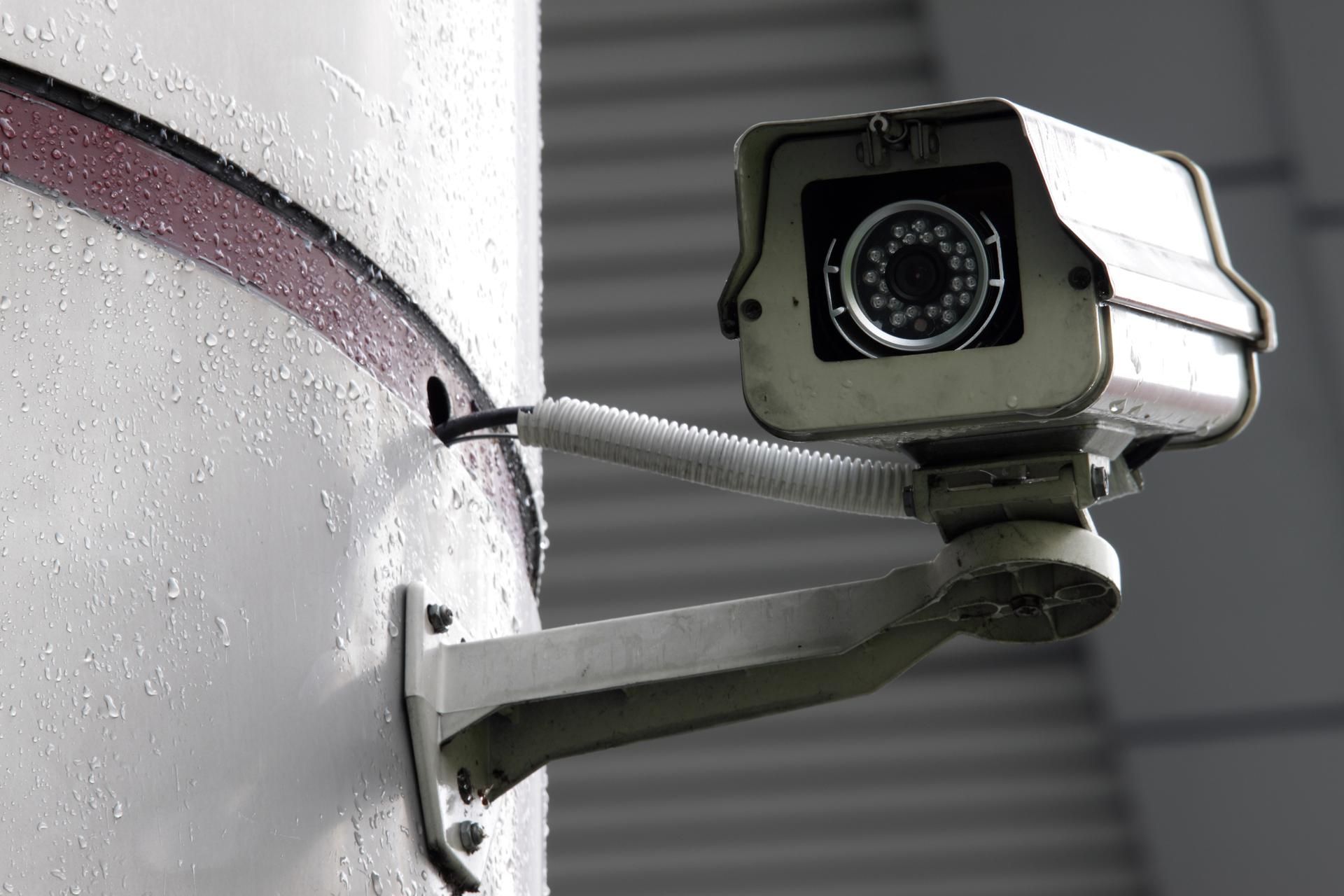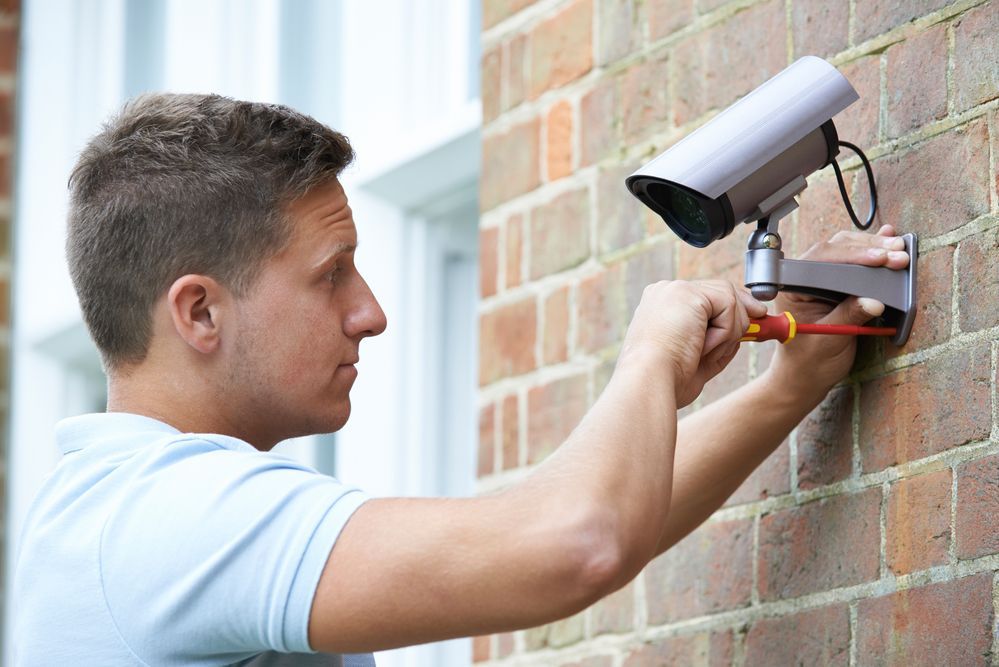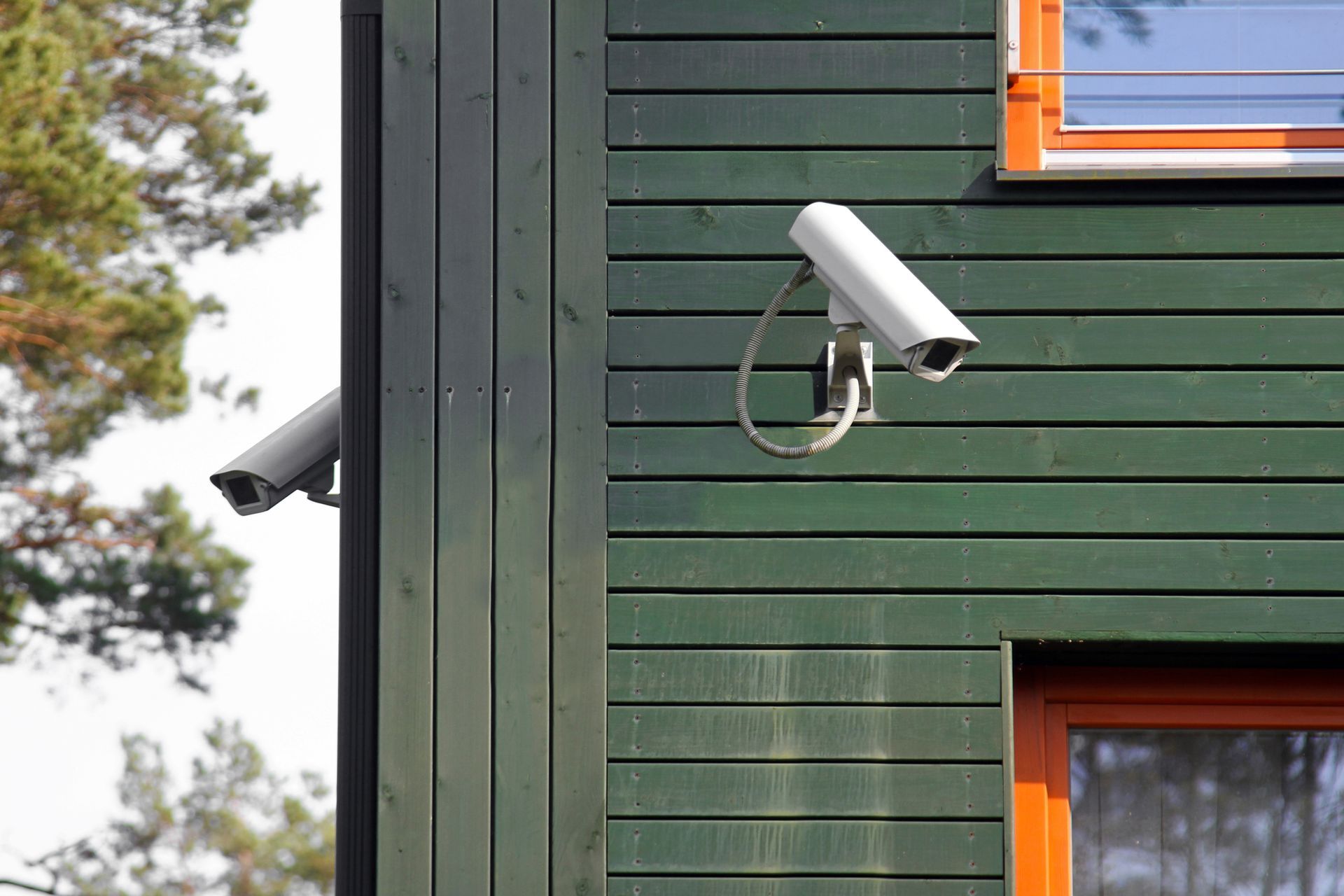Key Components of a Commercial Fire Protection System
In today's fast-paced business environment, ensuring the safety of your commercial building goes beyond mere compliance with fire codes; it is a crucial aspect of risk management that can protect your assets, employees, and customers. A robust fire protection system serves as the backbone of your safety strategy, offering peace of mind while safeguarding your investment. This blog will delve into crucial considerations and components of fire protection systems so you can better understand how they function in your commercial building.
Understanding Fire Protection Systems
A well-designed fire protection system integrates various elements to detect, control, and suppress fire hazards. This system not only aims to minimize damage but also to ensure a safe evacuation route for occupants. Key components of a fire protection system include fire alarms, suppression systems, and emergency lighting. Each component plays a unique role in protecting your premises while ensuring compliance with local fire safety regulations.
Fire Alarm Systems
The cornerstone of any effective fire protection system is the fire alarm system. These systems consist of alarms, detectors, and notification devices that work together to identify the presence of smoke, heat, or flames. Early detection is critical, as it allows occupants to evacuate swiftly and emergency services to respond promptly. It's essential to choose a system that can be tailored to your building's specific requirements. Regular maintenance and testing of these systems are crucial to ensuring they function correctly when needed.
Suppression Systems
In addition to detection, a fire protection system must also include suppression components. Options like fire sprinklers, which are often the first line of defense in extinguishing flames, provide automatic fire control. These systems can operate based on a heat-sensitive element that activates when temperatures exceed predefined limits. Alternative suppression methods, such as foam or gas systems, are used for environments with specific hazards, such as electrical or chemical fires. Choosing the right suppression system is critical, and consulting with fire protection services to assess your building's unique hazards can guide you toward the best solution.
Building Layout and Design
Considering the layout and design of your commercial building is essential in the planning and installation of a fire protection system. Factors such as the size, height, and occupancy type influence fire safety design. Open floor plans may require different solutions than multi-level buildings, and facilities housing flammable materials will necessitate specialized systems. An expert fire protection services provider can help assess your space and identify potential fire hazards, ensuring that any designs implemented effectively mitigate risk.
Compliance With Codes and Regulations
Fire safety regulations can differ significantly depending on geographic location and building type. Business owners must stay informed about local fire codes and standards to ensure that their fire protection system installation meets all requirements. Non-compliance can lead to legal penalties, increased insurance premiums, and, most importantly, jeopardize the safety of occupants. Engaging professionals who specialize in fire protection services will help you navigate these complexities and maintain compliance with evolving regulations.
Employee Training and Preparedness
A fire protection system is only as effective as the individuals who utilize it. Conducting regular training sessions for employees on how to respond in the event of a fire can be immensely beneficial. Training should encompass proper emergency procedures, the use of fire extinguishers, and evacuation routes. Regular fire drills, coupled with clear signage, will instill confidence among staff while reinforcing their preparedness, ultimately contributing to a safer work environment.
Regular Maintenance and Inspections
Your fire protection system requires ongoing maintenance to operate effectively. Regular inspections by qualified fire protection services ensure that all components, from alarms to suppression systems, are functioning correctly. Scheduled maintenance is important to guarantee compliance with fire codes and to identify and rectify any issues before they escalate. Implementing a preventative maintenance plan can prolong the lifespan of your equipment and reduce the risks associated with fire hazards.
Investing in a comprehensive fire protection system is vital for any business owner managing a commercial building. Balancing detection, suppression, compliance, and employee preparedness can create a holistic approach to fire safety that protects both lives and property. By partnering with experienced fire protection services for your system installation and maintenance needs, you can ensure that your building is well-equipped to handle emergencies, creating a safe environment for everyone involved. A proactive approach to fire safety will not only enhance the security of your facility but also foster a culture of safety that benefits your entire organization. Contact us at Harford Alarm to learn more about fire protection systems for your business.

